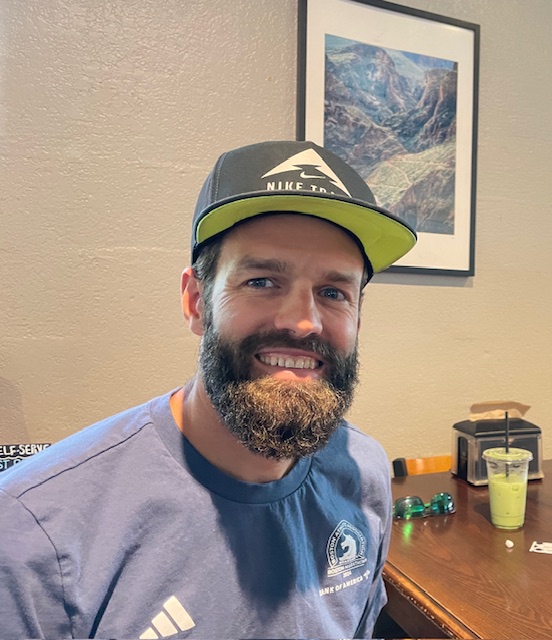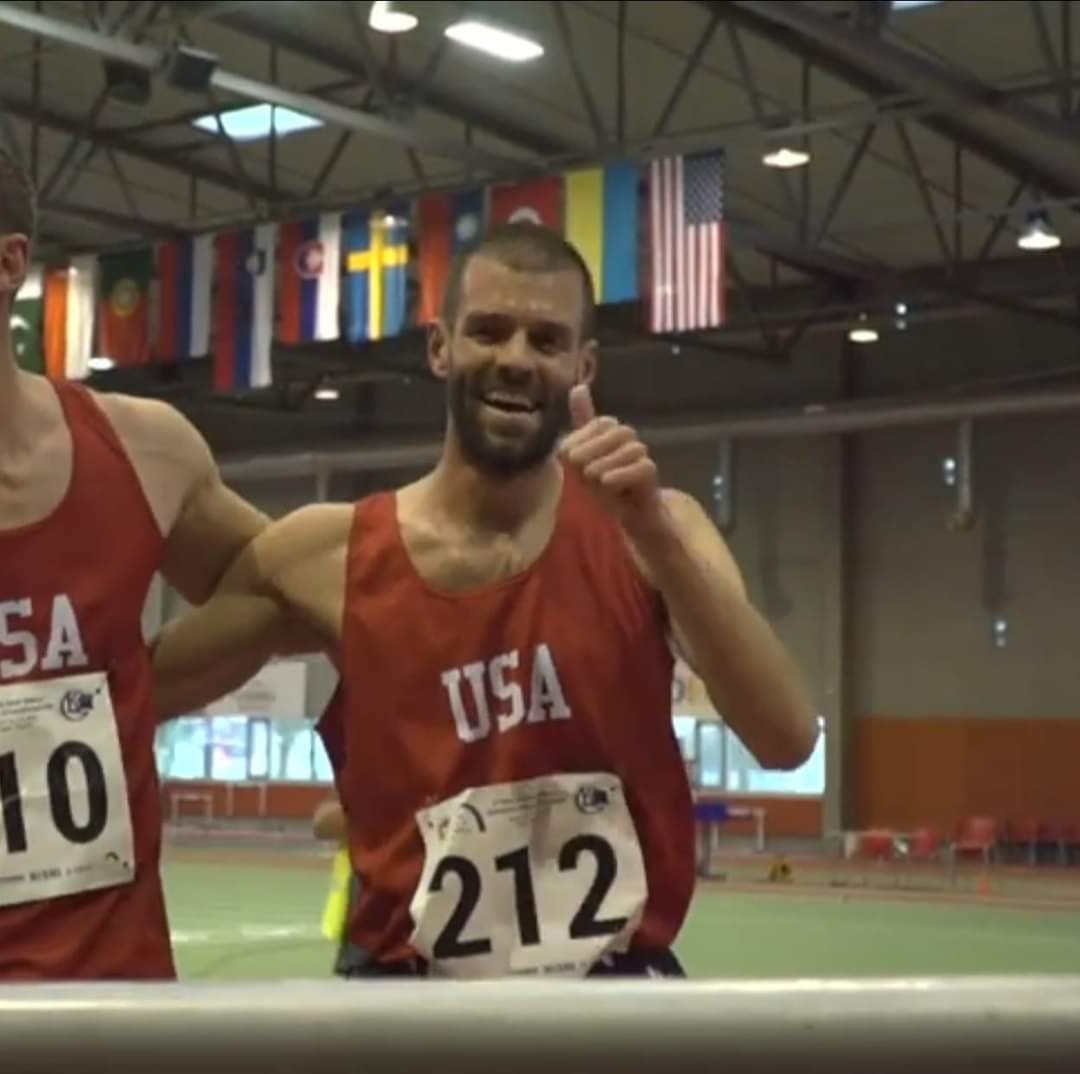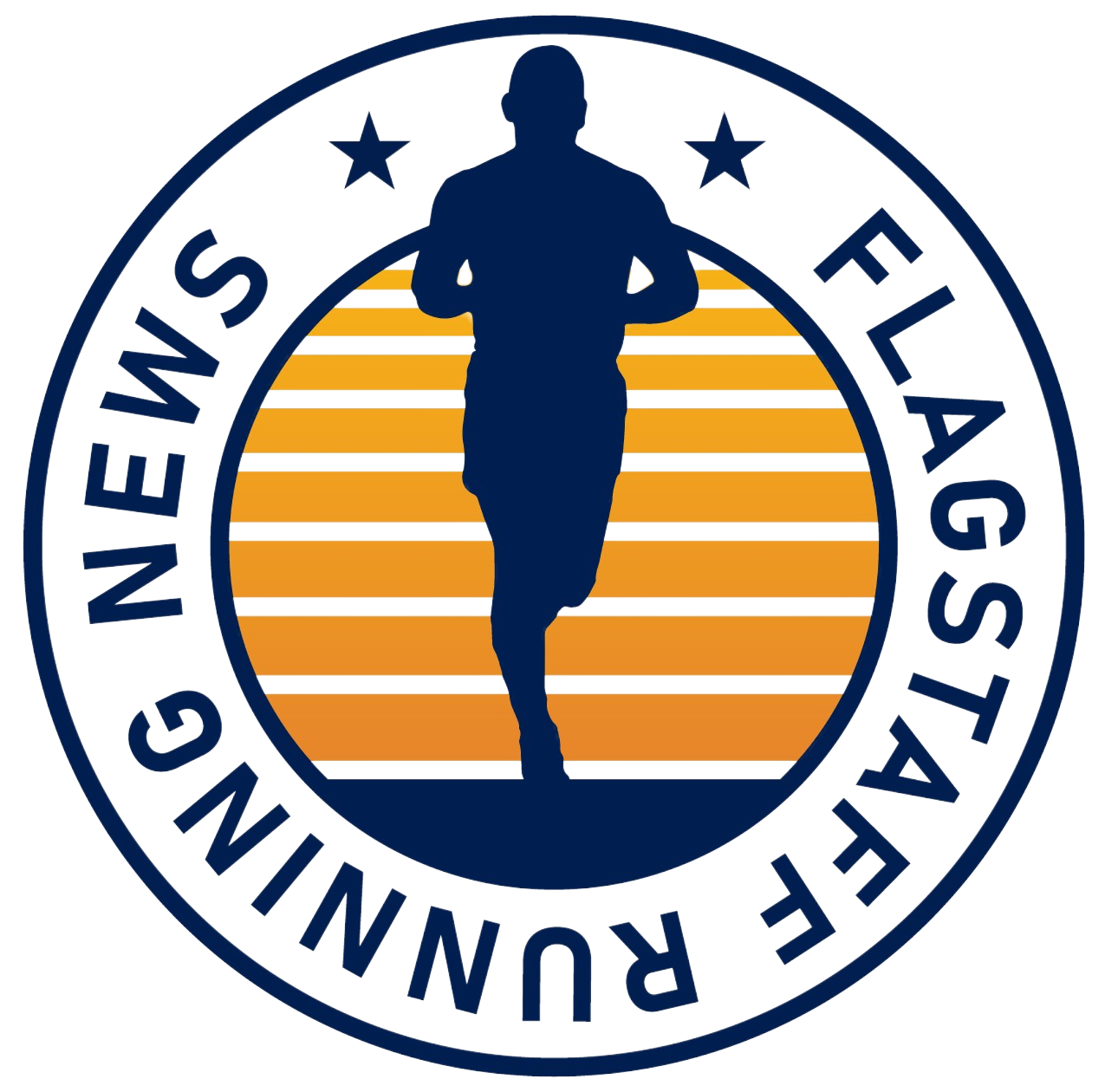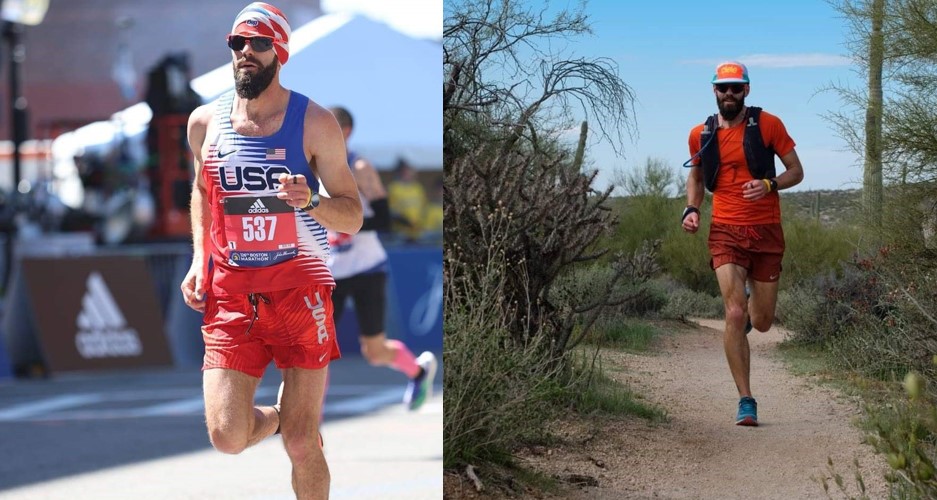He will be 41 in a couple of months – hardly old, but older – but that doesn’t mean that Ryan Guldan is slowing in any sense of the word.
It’s just that Guldan, now merely a part-time Flagstaffian, is casting about for a new challenge in an amateur running career that has seen him succeed in distances from 800 meters to 100 miles. Road, trail or track, this guy remains competitive.
From the Boston Marathon to the Western States 100, the Deaflympics indoor track world championships to high-altitude stage races, Guldan has seemingly done it all and, though in his fourth decade, still is fit enough to, say, jump in at the last minute to a local road 10K at 7,000 feet and win the thing, which he did two weeks ago at the Northland Hospice Run for Hope.
But life circumstances, as well as father time, have started shifting Guldan’s focus.
He’s an engineer, so his job now means he soon will relocate to Phoenix (though keeping a Flagstaff condo). He says he’s getting a little long in the tooth to keep making the U.S. Deaflympics Marathon team – Guldan has been deaf since age 2 – but he hopes to hang on for a third attempt. And he’s noticed that, unlike a decade ago, his body just doesn’t recover as quickly from hard efforts as before and he cannot handle the high mileage he logged as a 30-year-old.
All of which has Guldan reevaluating his running.
Oh, he’ll keep running Boston every year, and he has a long-term goal of completing the six Abbott World Marathon Majors. But lately, he’s been looking to go shorter and (mainly) stick to the trails, which was his first love.
“Getting older, and not being as competitive, I’ve kind of started to love the 25 to 30K trail racing,” Guldan said. “I feel like you can get away with 40 to 50 miles a week in training and still do relatively well. I miss being able to train really hard and recover really well, so that’s been a work in progress – trying to figure out ways of being competitive without overextending myself. Trails just have a little more relaxed atmosphere.”

Trails is where Guldan first made his name in racing. Three of his four Leadville 100 Mile finishes have been under 24 hours. Four times he has won the Desert Rats Kokopelli 150 Mile Stage Race in Moab. And, more recently, he finished second both in 2023 and ’22 in the Pikes Peak Ultra.
Now, he wants to keep running trails, just as fast but not quite as far, while still keeping sharp enough to be road-marathon ready and even jump on the track if the mood strikes (it rarely strikes, he said with a smile).
Such versatility is admirable.
“Honestly, I love it all,” he said when asked his preferred surface and distance. “The one experience I really didn’t get a chance at is track. I’ve done some open events, but it’s gone pretty bad, relatively speaking. That’s really humbling. You might find success in trail and then you go to the track and realize you don’t have that speed and turnover and race strategy.
“But I really think you can find enjoyment in all of them. The cultures are different. There are interesting, different people on the trail side versus the track side and road side.”
Perhaps Guldan’s potential shift to shorter events is due to the cumulative effect of running – and racing – a lot the past 12 years. He is not a professional runner – has no corporate sponsorship – but he has trained like a pro while maintaining his demanding career as an engineer, first in Grand Junction, Colo., then Flagstaff and now Phoenix.
“You have to stay very consistent, and you have to be very deliberate and disciplined with everything,” Guldan said. “Go to bed on time. Don’t drink alcohol to excess. Manage your stress levels, eat good foods.
“Now, If you take a break – let’s just arbitrarily say you take a week off – it seems like you lose so much more in one week than you ever did when you were younger. Or maybe it’s just that, when you’re younger, it’s easier to ramp back up. I’ve also noticed the recovery time. Say I go to TRF (Team Run Flagstaff’s) workout on a Tuesday night, it takes longer for me to recover.
“I remember doing three workouts a week, a long run and two speed workouts a week. When you’re young, it’s feasible. Now, you got to start training in 10-day cycles. Maybe one workout, one long run over a 10-day cycle. I don’t try to push for the 80-90-mile weeks anymore. It seems 50 to 60 is the limit and if you want to go more you need to get on a bicycle or something like that.”

At the height of his training, when he was in his early 30s and influenced by the book Born to Run, Guldan thought nothing of unspooling a string of 20-milers on the trails and then racing ultra distances.
Reflecting on those days, Guldan said, “When I turned 30, I was able to get a camper van, and I was super into the 100-mile ultra thing. Every week, I’d get in the camper van with the dog and roll up to the mountains, run 20 miles and eat food. It was a great experience.
“I had aspirations to be much more competitive, but I was still trying to do my fulltime engineering job. I never mad ethe conscious choice to take a chance on that front…but I had some moderate level of success.”
Still, Guldan has achieved much. He’s a perennial Boston finisher with a PR of 2:35 on the course. He routinely finishes in the top 10 of trail races throughout the west and has twice represented the U.S. in the Deaflympics marathon, first in Turkey in 2017 and then in Brazil in 2022, the latter of which he placed eighth despite doing the marathon six weeks after running Boston.
Guldan already had racked up numerous running achievements while living in Colorado when a friend of his, Deaflympics cyclist John Klish, planted the seed that he should try to qualify in running events.
Guldan said he was not born deaf, but his parents noticed a distinct speech delay at age 2 and had him tested for hearing impairment. He underwent two surgeries and has worn hearing aids since childhood. He also underwent speech therapy at that time. Essentially, his hearing loss has not deterred him from his career or any actively, certainly not running.
“My low frequency hearing is perfect; higher pitch, well…” he said. “I actually read lips pretty well. The speech therapy has helped me perform at a level where people don’t notice as much. But it’s definitely been hard in some way.”
In high school, in Tulsa, Okla., Guldan played baseball and basketball just like any other sports-obsessed teen. But he didn’t run cross country or track. Running came later. Asked if he regrets not taking up running sooner, Guldan shook his head.
But then he told a story about an incident in the eighth grade that, had it turned out differently, might have changed things.
“There was an opportunity to run cross country and track and in eighth grade,” he recalled. “The coach was one of those individuals who was the football coach interested only in coaching the football team. And he had to coach the track and cross country team. We had tryouts, and I ran the 400 meters, and I got my butt kicked. Then they had us run a three mile or maybe two mile, I can’t remember exactly, and I just blew the field off the map. There was something about long distances that was better suited for me.
“I remember I went to the coach’s office (to say he would not participate), and he never looked over his newspaper and just said, ‘Thanks for telling me.’ I look back on that, not so much with regret. But there are individuals who are coaches like that (not encouraging), and you don’t realize that it could’ve been a major fork to Division 1 scholarship for me, or maybe I would’ve gotten injured. But it was a missed opportunity.”
He hasn’t missed subsequent running opportunities. That football coach in Tulsa might be the only person shocked to learn that Guldan has won trail races and perennially is high in his age group at the Boston Marathon.
Still, now is a turning point in his running career, and Guldan is still mulling his direction.
“This is the first time in a long time I don’t have a plan, something big in the spring and the fall,” he said.
But, chances are, you’ll see him jumping into races – and winning.


Leave a Reply